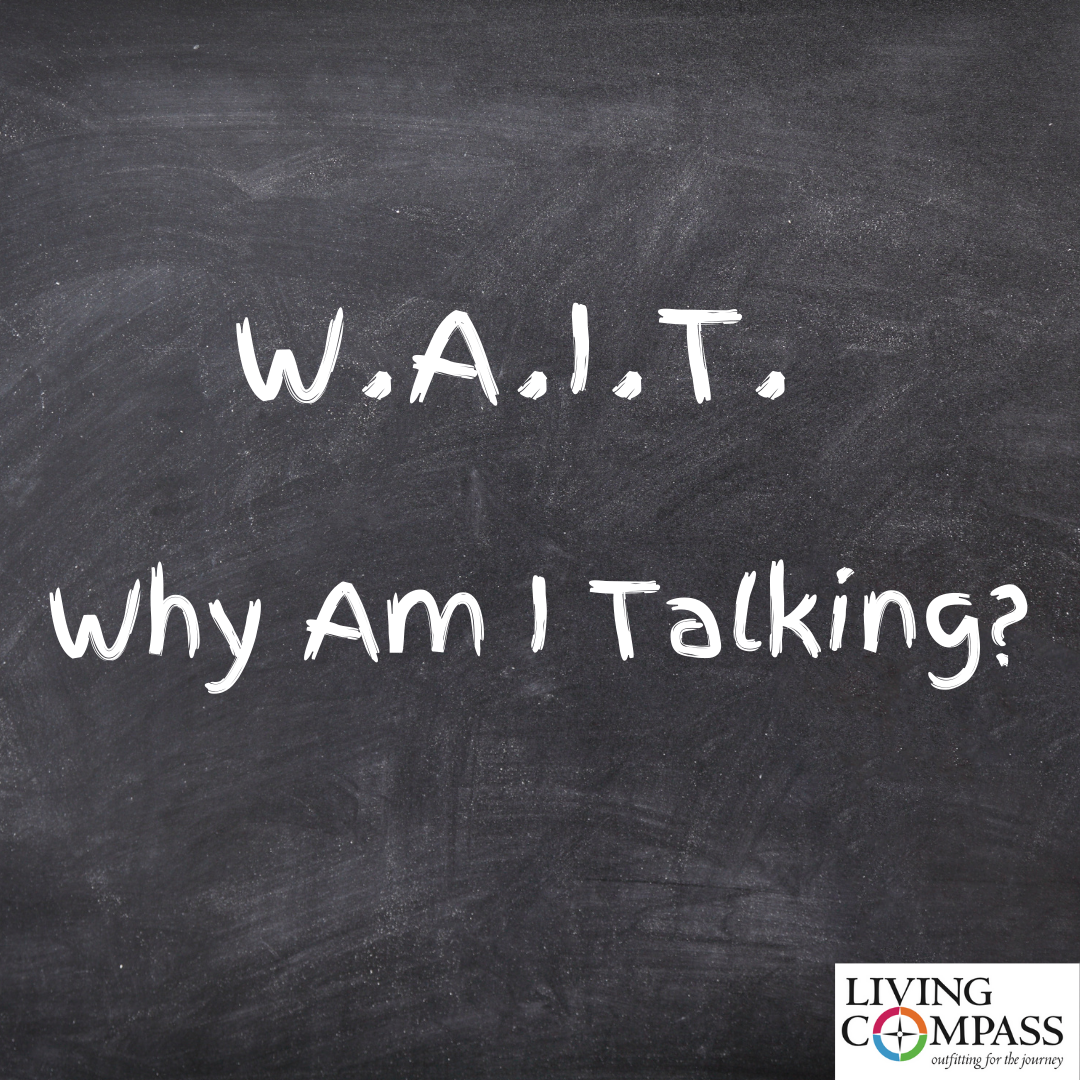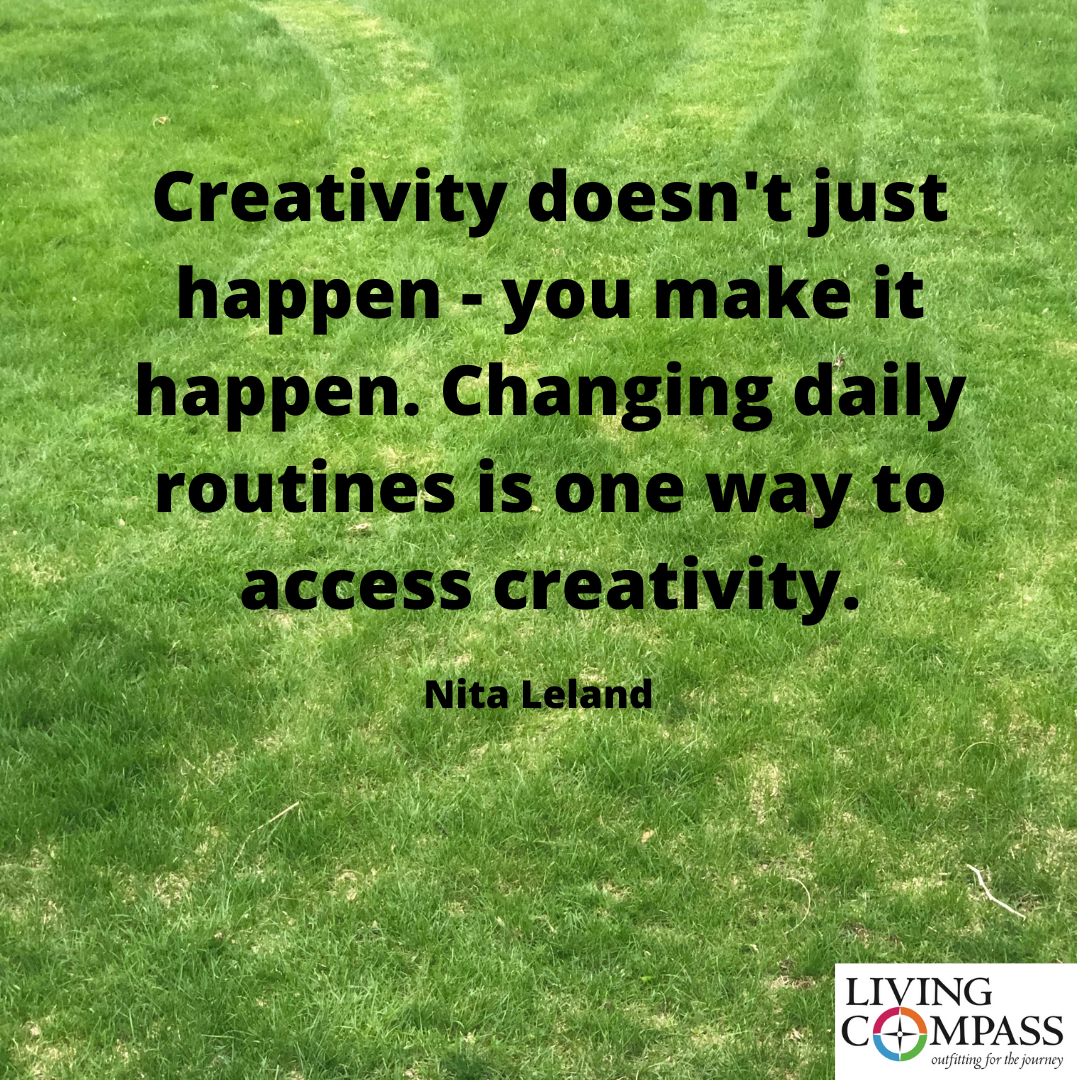Remembering the Way You Made Us Feel
As we continue to negotiate these trying times, this year's annual sharing of favorite “Momisms” that readers have shared with me focuses on perseverance.
Before I share these wise sayings, I want to say a word about the power of stories. What I have enjoyed most about collecting these words of wisdom that come from mothers, grandmothers, aunts, and other women in your lives, are the stories you included about the women you were quoting. Your stories were of women who passed away years ago and of others who have died recently. I read your stories of kind mothers and some who were not. And I read your stories of fun times and challenging times as well. Several of you even shared recent Covid-related stories that were timely and poignant.
When we tell stories about people we have loved and who have loved us, we are reminded of the wisdom that we may not always remember exactly what a person said, but we always remember how that person made us feel. And that's why many of you wrote and said that you didn’t have a particular Momism to share, but you did want to share a loving story about your mother or grandmother. Each story was really a version of how one of these important women made you feel.
Mother’s Day can be a day full of emotions, bringing forth both easy and difficult ones. Many of you shared your grief because this is the first Mother’s Day since your mother or grandmother passed away or because it’s still challenging to be away from loved ones due to the pandemic. For many people and many reasons, Mother’s Day can sometimes be a sad time, and so I want to acknowledge that reality and say that my heart goes out to all who are grieving, for whatever reason, right now.
So, with all of this in mind, here is a list of “Momisms,” with a particular focus on those that provide hope and wisdom for persevering in difficult times.
Never leave the house without saying, “I love you.”
Life goes on.
Remember to always H.O.P.E—Help One Person Everyday.
A good sense of humor goes a long way.
This, too, shall pass.
Just because you are thinking something doesn’t mean you should speak it.
Pause to watch the sunset, and be assured it will rise again in the morning.
Everything will look better in the morning.
Nothing is more important than what you are doing right now.
It's not what happens to you that matters, but how you handle it.
Life is hard by the yard, but a cinch by the inch.
It’s not what you say, but how you say it.
Don’t wish your life away.
This moment is fleeting in the overall scheme of things.
You don't have to like the cards you are dealt, but you do have to play them.
It may not be ok, but it will all work out.
You will always have some dirt in your house, but you will not always have kids in the house.
“Cuando una puerta se cierra, se abren cien.” (When one door closes, one hundred open.)
Them that don’t listen, feels. (A note from the sender was added that this one comes from an Appalachian grandmother and that it means that when we don’t listen to warnings, we will often feel the pain of what results from not listening).
Let go and let God.
Never say never.
Always remember to be kind.
Take care of each other.
Today we give thanks for all the stories, sage words, and positive influence of the wise women in our lives. Even we don’t remember everything you said, we will always remember how you made us feel.
And to all the mothers reading this, Happy Mother’s Day.
Subscribe Now to Weekly Words of Wellness:
Click the button below to signup for the e-mail version of Weekly Words of Wellness. This weekly article can be shared with your community electronically and/or used for group discussion.
You can unsubscribe at any time.




